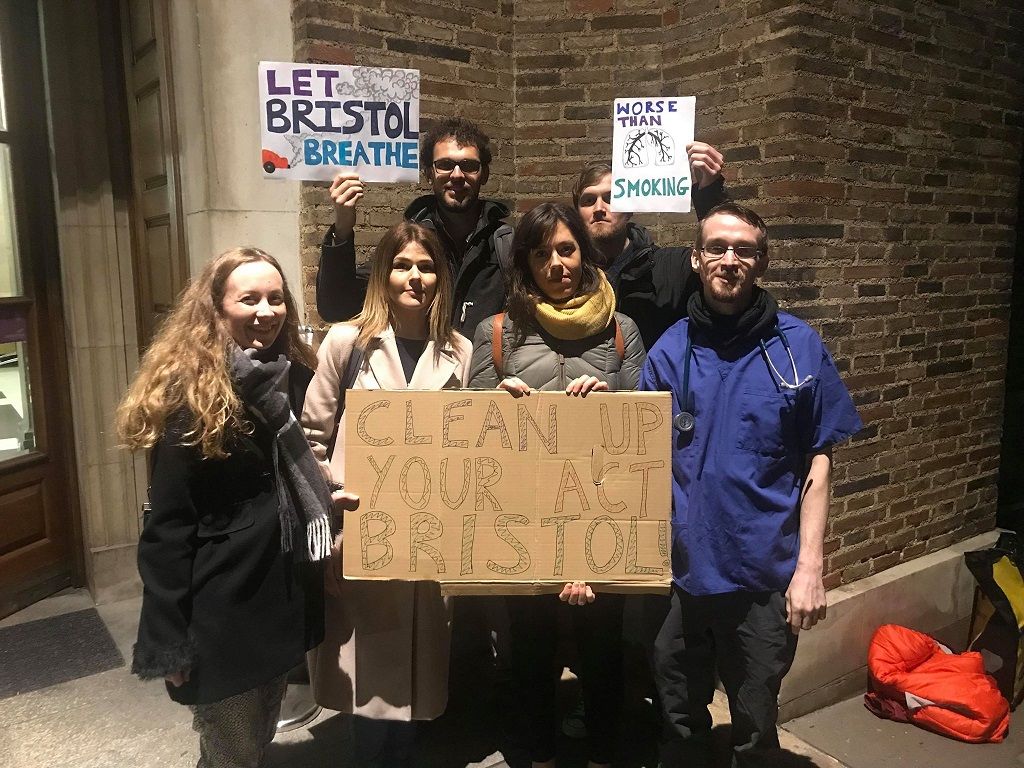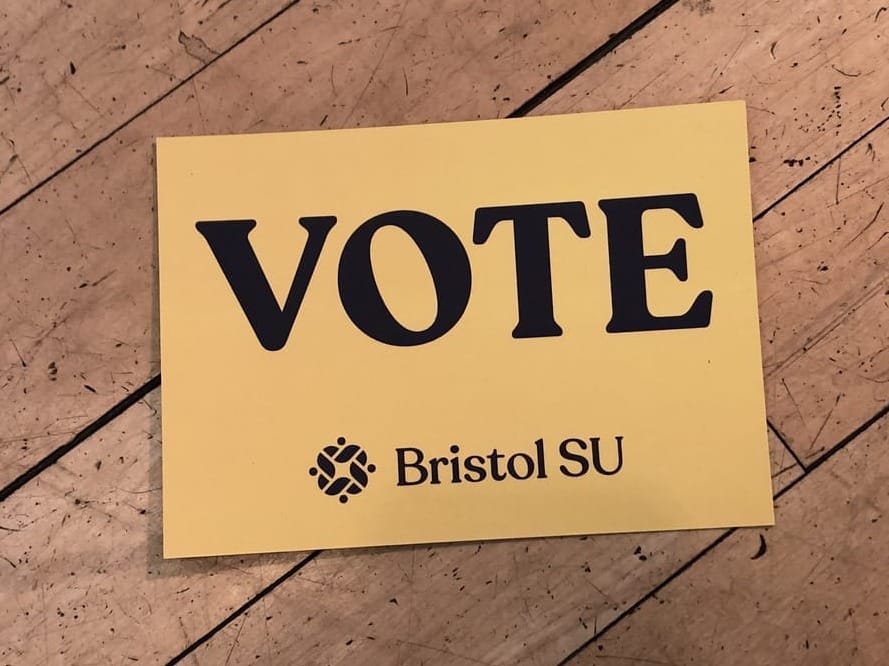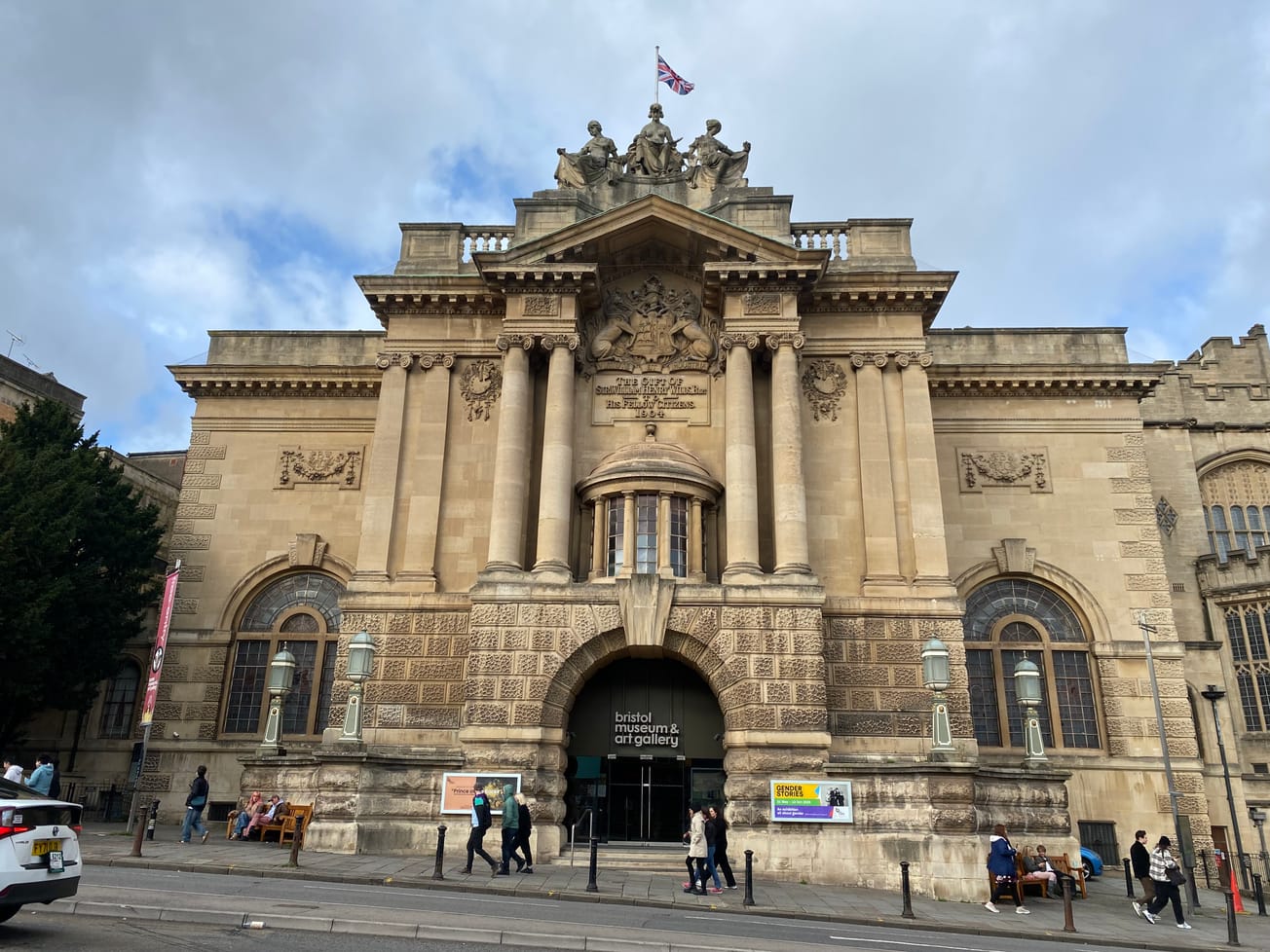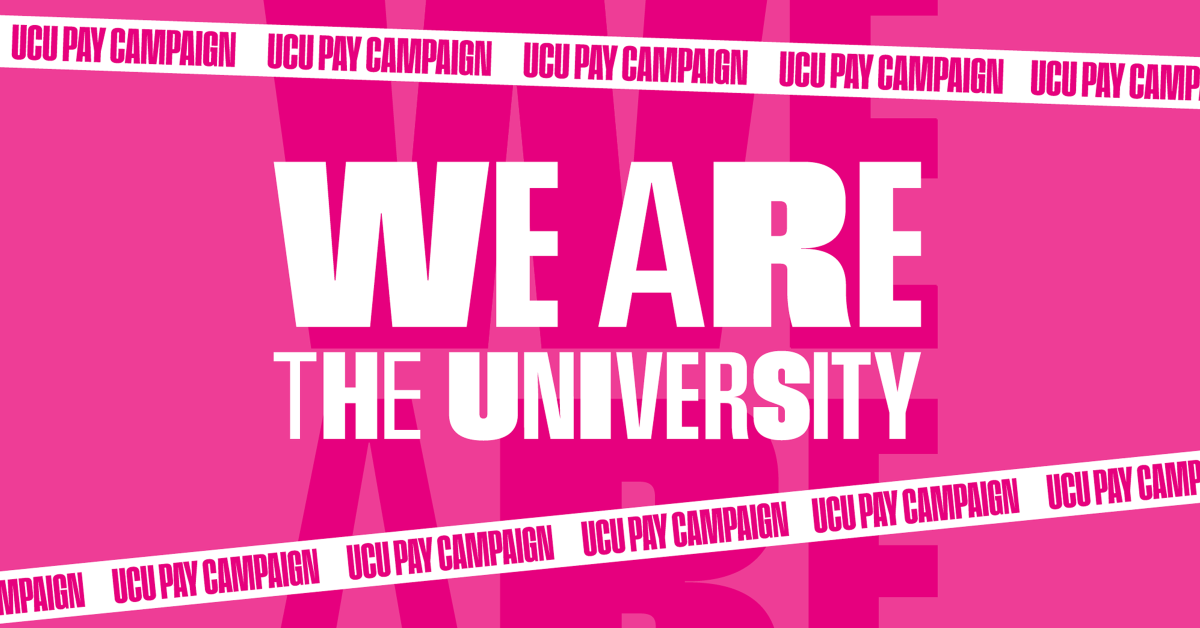By Maddy Russell, Second Year Politics and International Relations
Protesters gathered on College Green on Tuesday 19 March to call on the council to take action over air pollution in Bristol.
Local activists from the health professionals' charity MedAct gathered outside the council building to call on Bristol Mayor, Marvin Rees, to take stronger action on air pollution in Bristol.
Campaigners demanded the council adopt stronger measures to improve air quality in the city centre, following the news, reported by Epigram, that Bristol City Council have failed to meet the second deadline set by the UK government to improve air pollution levels.
Dr. Victoria Stanford, who organised the protest, told Epigram that ‘air pollution, in particular nitrogen dioxide and air particles, remains at illegal levels the city centre. We know that this sort of pollution has an accumulative effect on people’s health right through from the early fetal stages of development in to later life.
‘High levels of air pollution have been found to be even more damaging than smoking and recent studies suggest that air quality can also be linked with a number of other health-related issues that we might not expect, such as strokes.’
Campaigners also expressed concerns that the effects of air pollution disproportionately impact Bristol’s poorest residents.
#AirPollution does not affect Bristol’s citizens equally, though. As with other parts of the country, it is the inner city neighbourhoods who pay the highest price. @AHABDiggins #LetBristolBreathehttps://t.co/lOaOk7aCqg @TheBristolCable
— Seth Piper (@sethpiper) January 24, 2019
Responding to the protest, Mayor Marvin Rees affirmed the council’s commitment to reducing air pollution in Bristol and said that he intends to convert all city buses to bio-gas and to improve infrastructure for walkers and cyclists.
Epigram has previously reported that the Council has previously been threatened with legal action due to the poor air quality in Bristol.
The University has also affirmed its commitment to reducing air pollution in its Sustainability Policy for 2017-2023. The plan aims to reduce transport related pollution and to implement appropriate controls to reduce emissions into the air.
Featured image: Maddy Russell / Epigram
What more could the University be doing to tackle air pollution? Let us know below!









